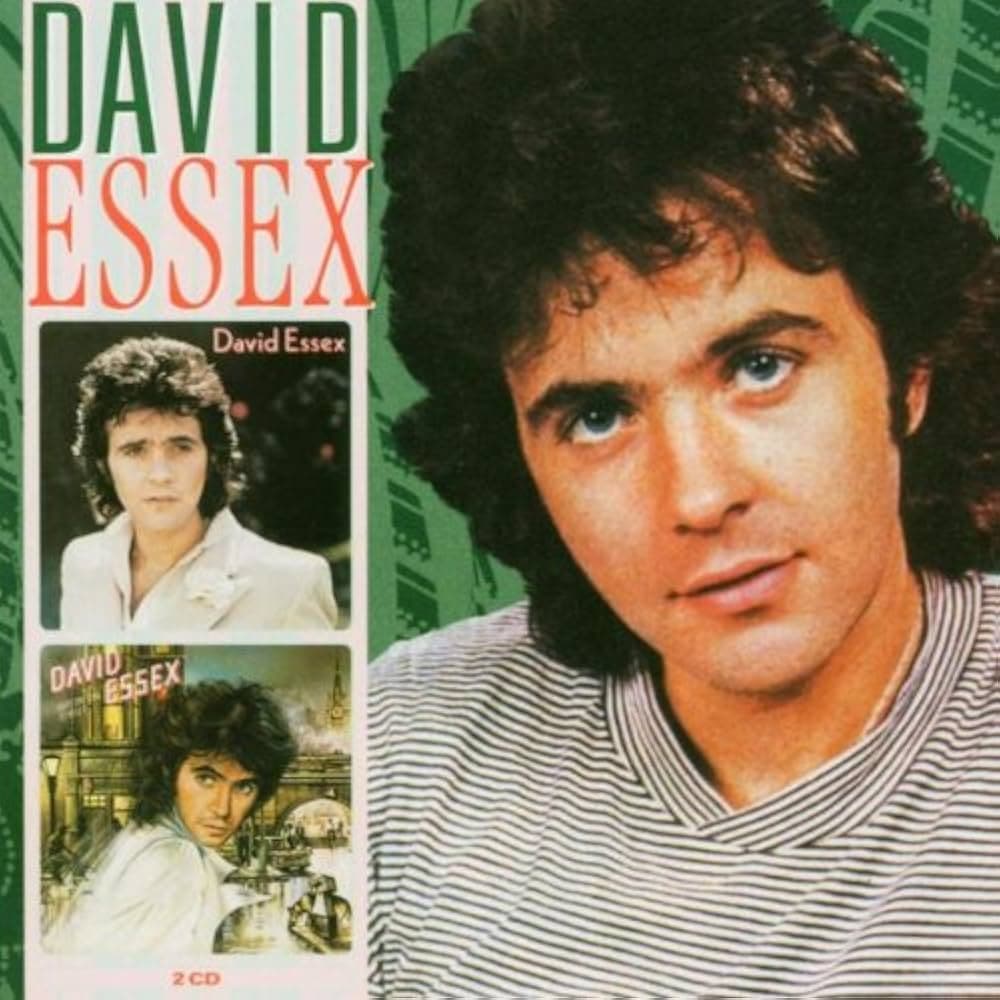
The Ballad of the Pin-Up: David Essex Takes on the Ultimate Classic
For a certain generation, the 1970s belonged to David Essex. He was the ultimate British phenomenon—a moody, handsome rocker who seamlessly transitioned from stage musicals to film stardom to chart domination, inciting levels of fan hysteria that hadn’t been seen since the first wave of The Beatles. Amidst a string of massive, self-penned hits like “Rock On” and his two UK Number Ones, “Gonna Make You a Star” and “Hold Me Close,” Essex made a curious and brave choice: he tackled what is arguably the most covered song in history, “Yesterday.”
This wasn’t just another studio recording; David Essex’s rendition of the iconic Paul McCartney composition came in 1976 as part of a highly unusual and ambitious project: the musical documentary film, All This and World War II. The film, released in late 1976, was a strange, fascinating beast—a chronicle of World War II using only archival footage, set entirely to the music of The Beatles, performed by a wildly diverse array of contemporary artists. This bizarre cinematic backdrop is the story behind Essex’s take, which was included on the accompanying soundtrack album.
The song’s universal meaning, of course, centers on the sudden, inexplicable loss of a lover and the profound, nostalgic longing for a time when life was easy and problems felt distant. Essex’s delivery, however, was a striking departure from McCartney’s intimate, acoustic original. Instead of the delicate solo guitar and string quartet, Essex infused it with the polished, often dramatic studio sound of the mid-70s. While his version did not achieve a high chart position as a single in the UK or US (it was the accompanying soundtrack album, released by Riva/20th Century Records, that made the commercial impact), its inclusion on the record put Essex’s interpretation right alongside major acts like Elton John, Rod Stewart, and The Bee Gees.
His rendition is rich, almost theatrical, reflecting his burgeoning career as a major musical theatre star, having already starred in Godspell and Evita (where his recording of “Oh What a Circus” would become a Number 3 UK hit). He brought a sense of dramatic scale to the quiet lament, transforming the bedroom sigh of McCartney into a broader, cinematic expression of regret. His strong, clear voice, known for its ability to convey both sensitivity and raw emotion, lent a sense of world-weariness to the lyrics that resonated with a generation who were trading their youthful optimism for the complex realities of the mid-1970s.
For those of us who remember watching David Essex transition from teen idol to leading man on stage and screen, this recording of “Yesterday” serves as a fascinating snapshot. It captures the moment when a celebrated pop star dared to step into the shadow of a legend and interpret a masterpiece on his own terms. Though it may not be the most remembered cover, it remains a powerful piece of nostalgic reflection, a reminder of a time when the biggest stars weren’t afraid to take bold, unexpected detours, and when the melancholy of a classic tune could still evoke a powerful sense of collective memory.